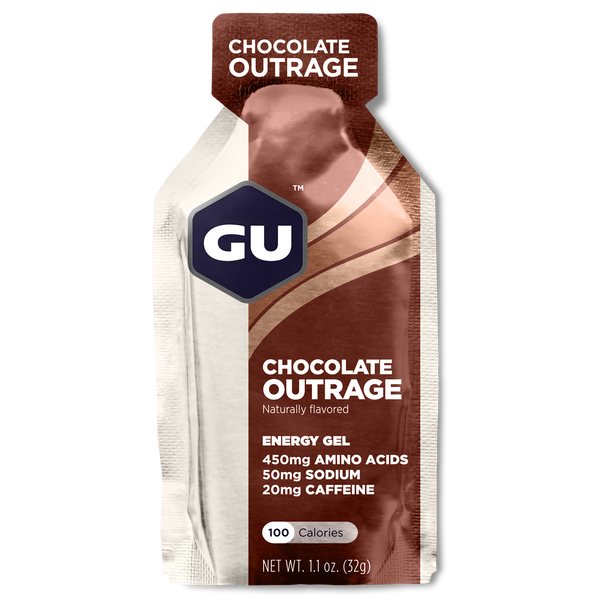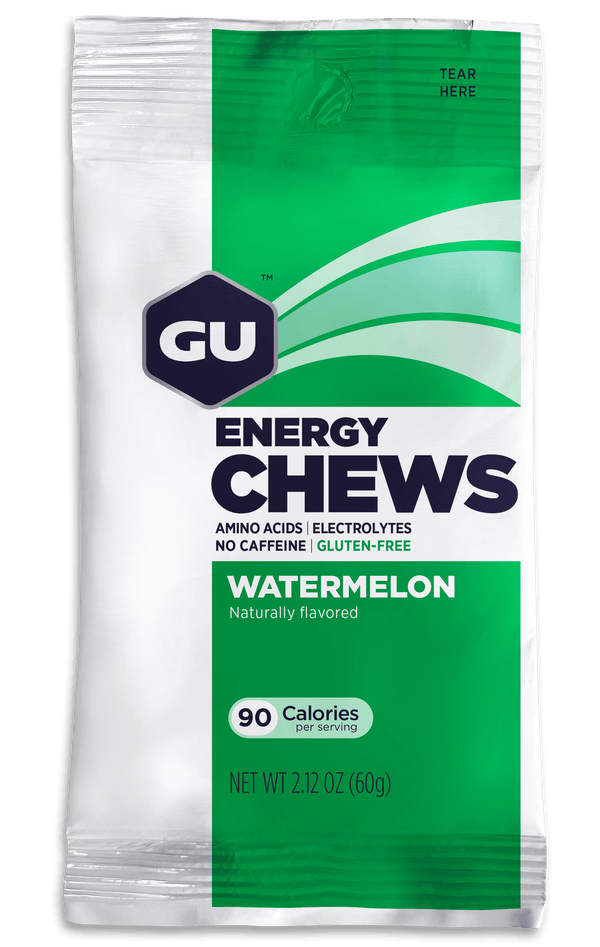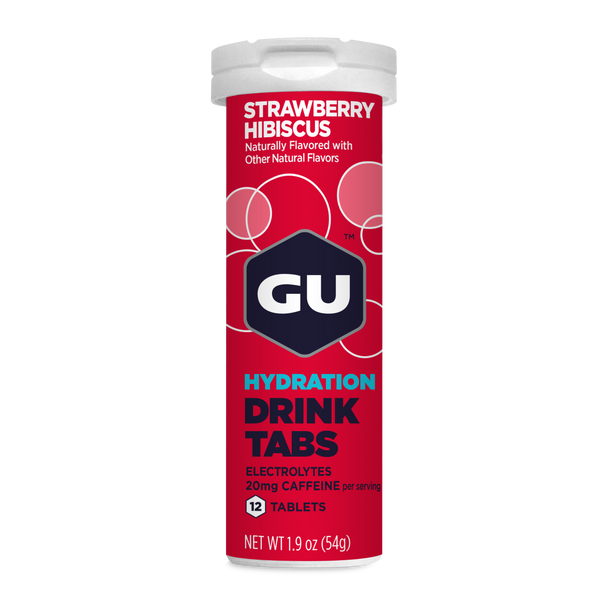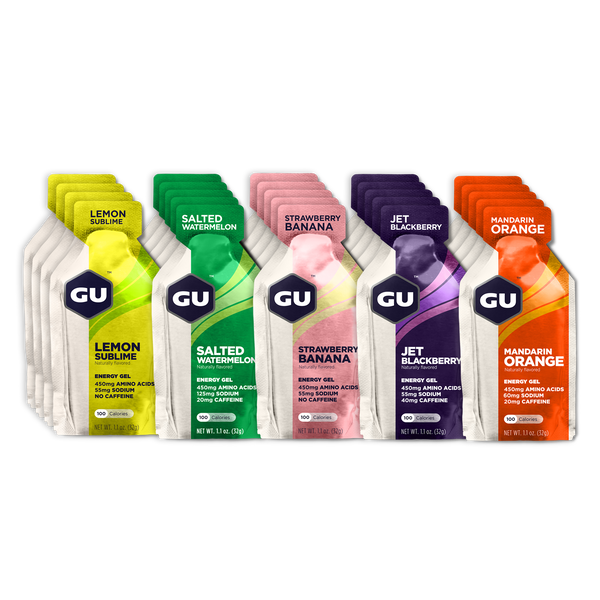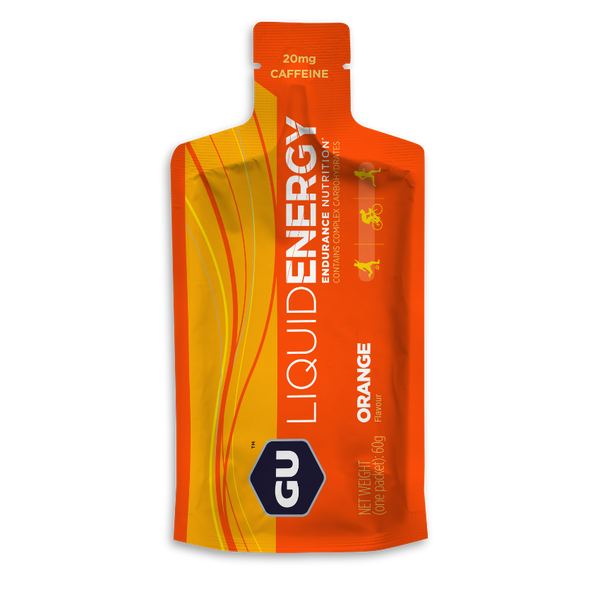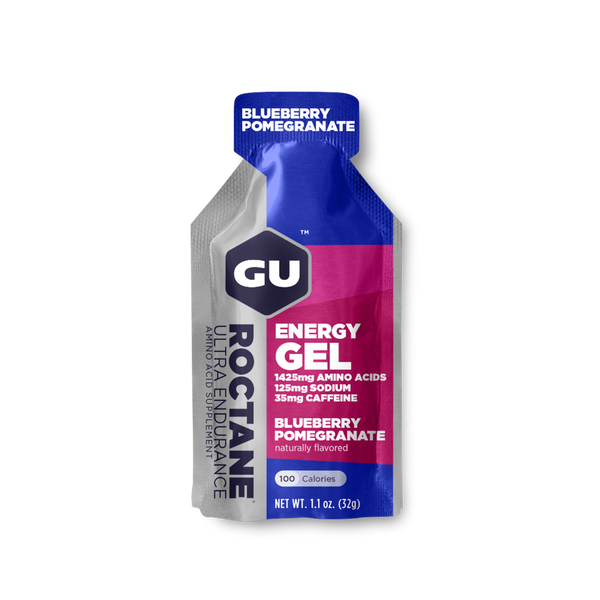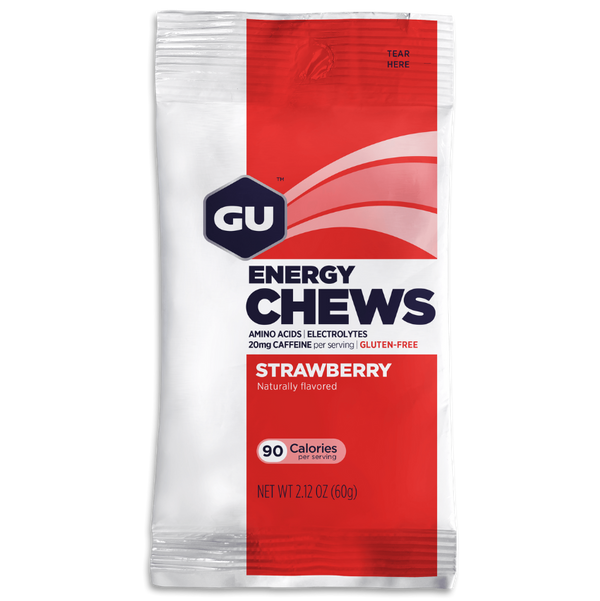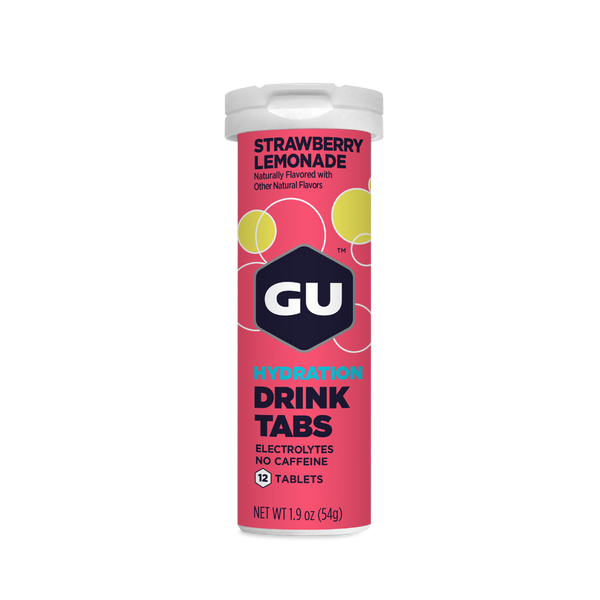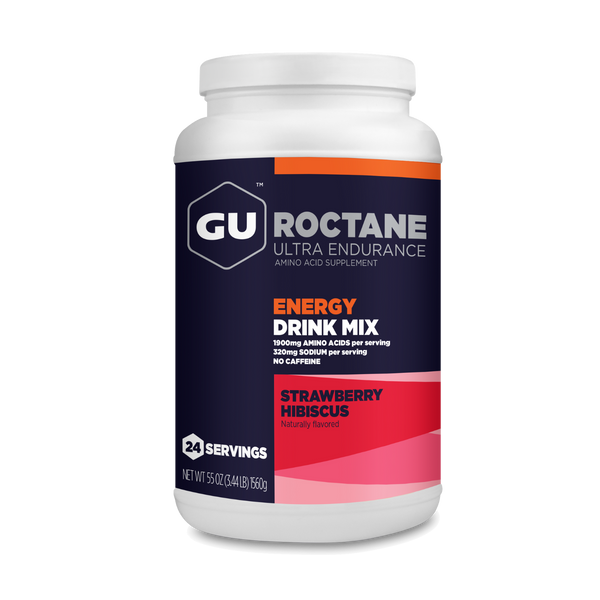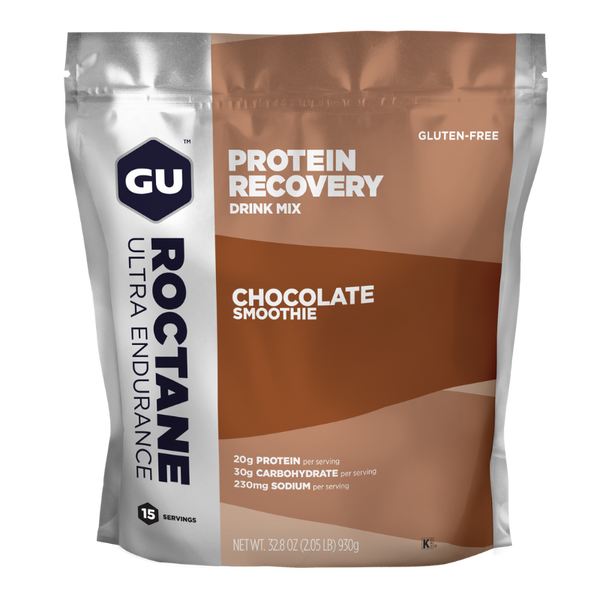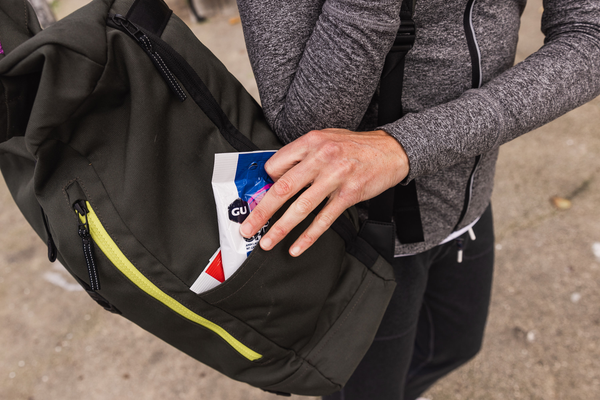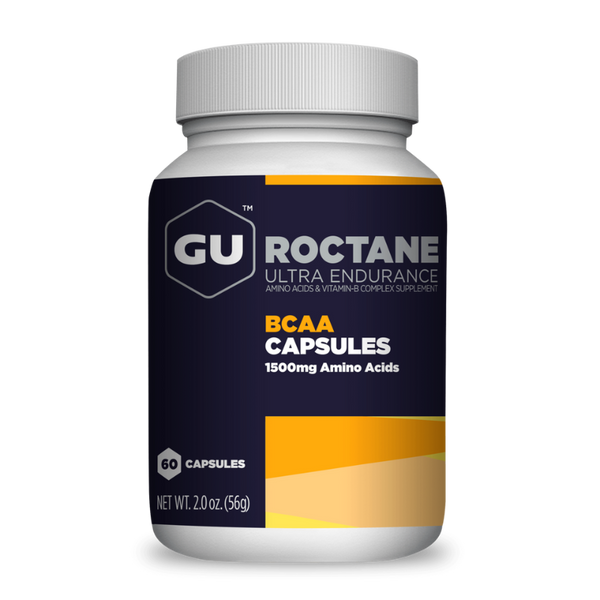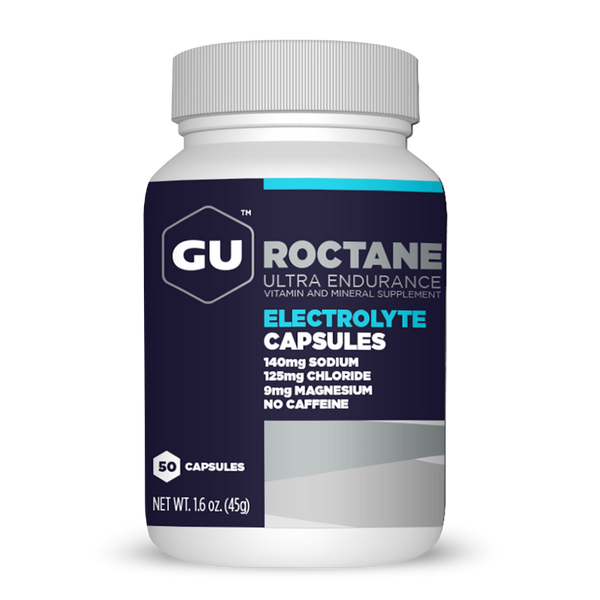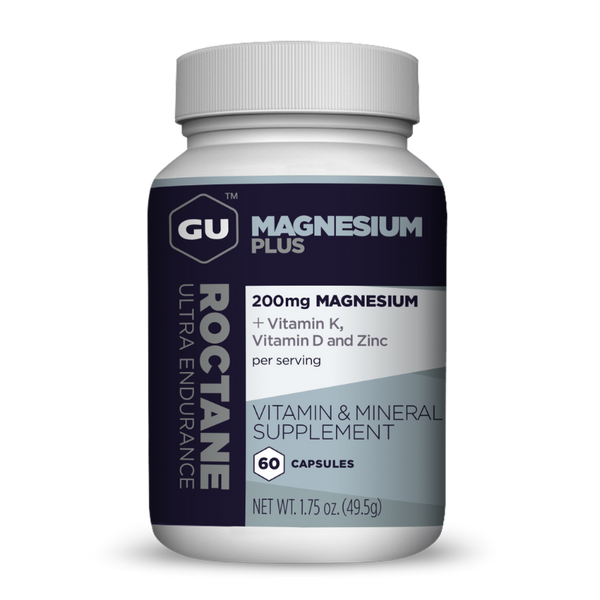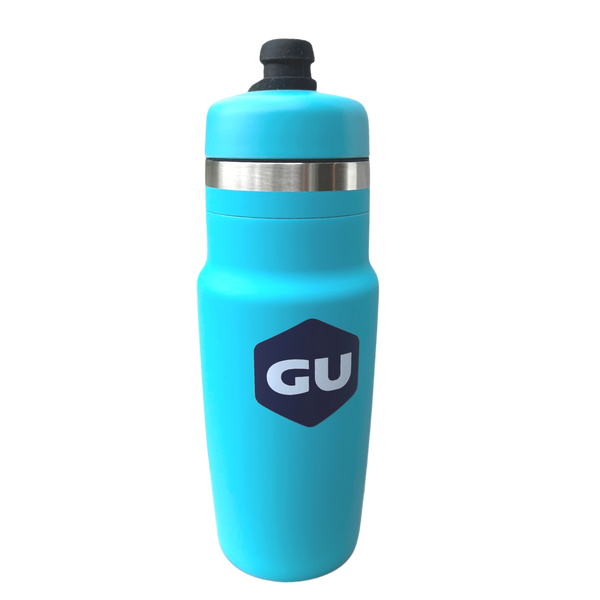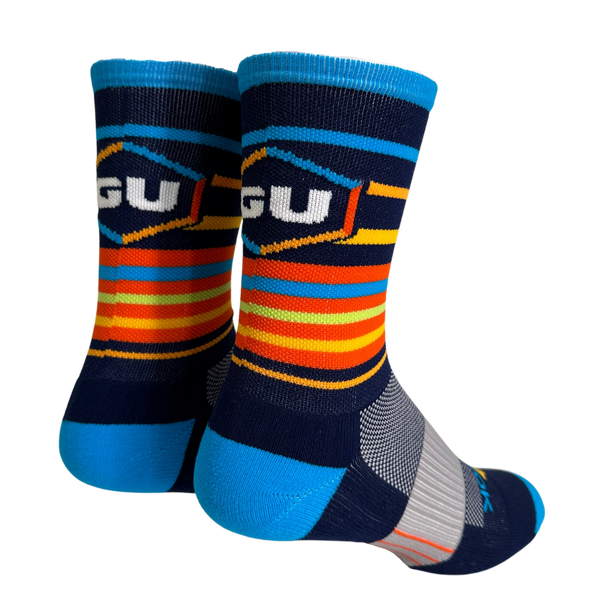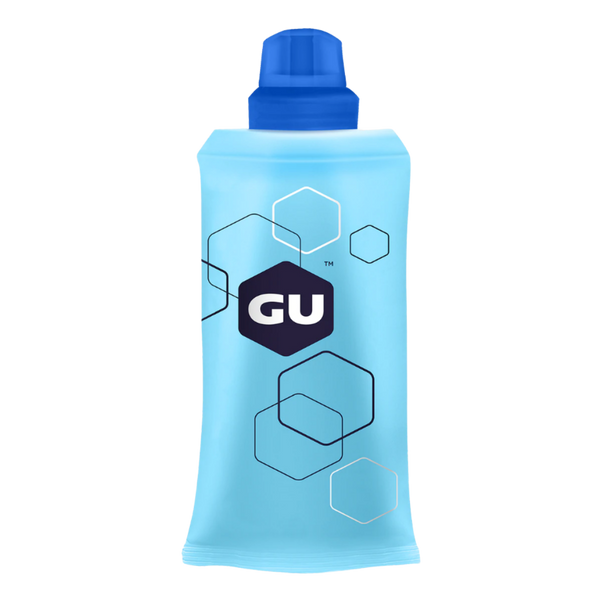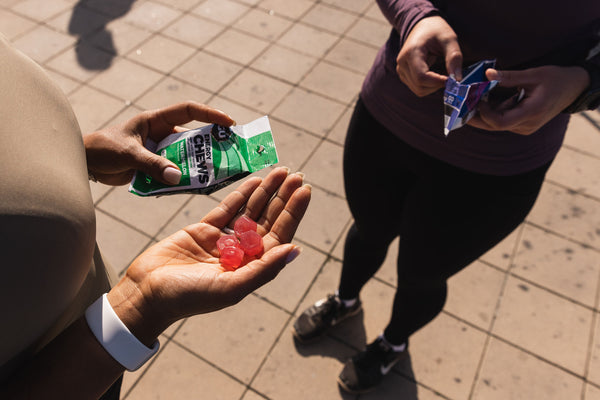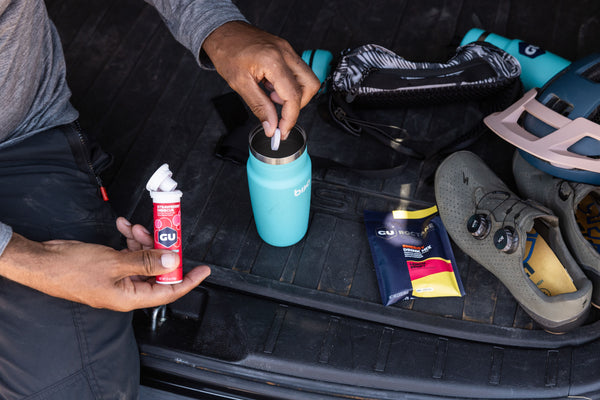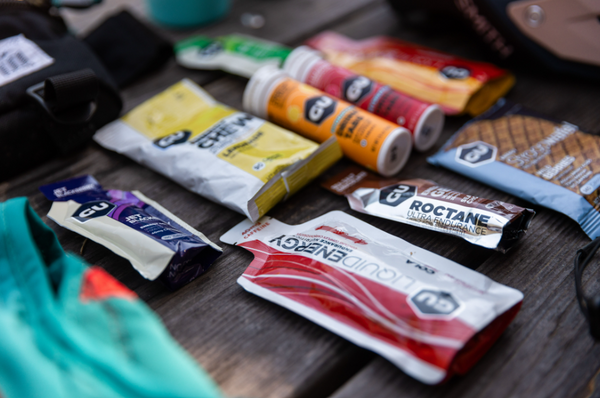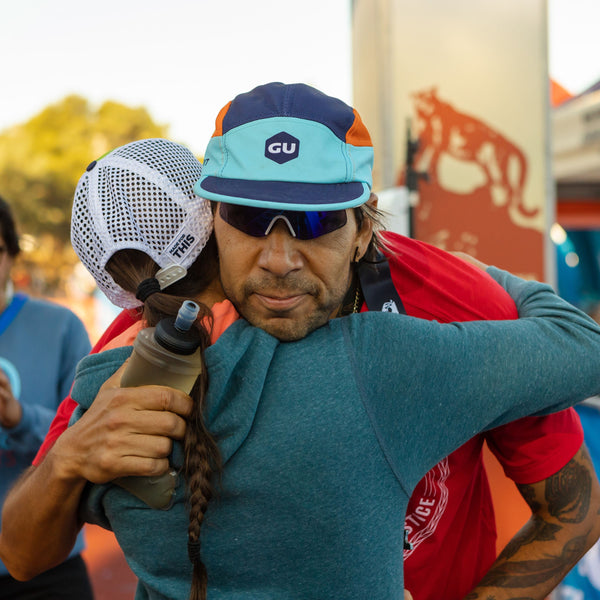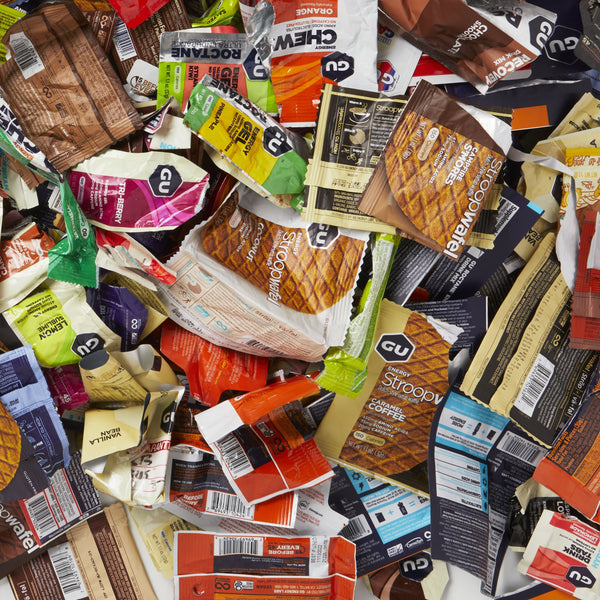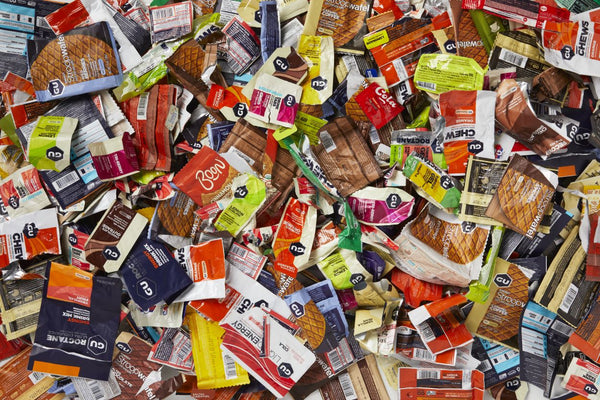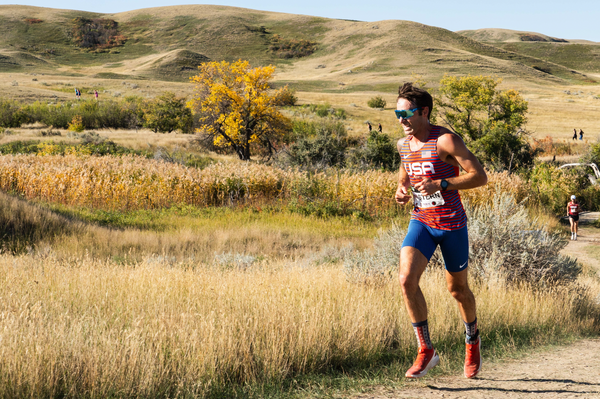It’s fall, which means marathon season is upon us. You’ve probably chosen your target race and dialed your training plan, but have you given much thought to your nutrition strategy? If not, you’re missing a key opportunity to improve your performance and recovery.
5 Marathon-Worthy Nutrition Tips
1) Hydrate Early and Often: Don’t wait until the morning of your race to start your hydration plan!
- Before the race, drink 2-4 liters daily in the 48-72 hours leading up to the big race. On race morning, drink 1/10th your body weight in ounces 4 hours prior to the start to give yourself plenty of time to flush any excess fluids.
- During the race, take advantage of aid stations so you don’t have to carry extra weight: aim for 16-30 oz of fluids—either water or sports drink—per hour starting after the first few miles. Not only does dehydration make it harder for your heart to pump blood to working muscles, it also makes you feel like you’re working harder due to its effects on the central nervous system. What’s more, a study found that drinking according to a schedule versus drinking to thirst actually improves performance! Drink up.
2) Sip and Nibble: Think of your fueling strategy like an IV drip.
The goal is to take in calories and fluids in small, frequent doses rather than as large quantities spread out every hour or so. Try to eat or drink something every 15-20 minutes, however small it may be! An Energy Chew or two, a sip of or Roctane Energy Drink Mix, something to keep a steady flow of nutrients and energy to your working muscles. (Pro tip: set an alert on your watch to help keep you on track!) The “trickle feed” method will also reduce the likelihood of having GI issues on race day, which means no more emergency trips to the porta-John!
3) Train Your Nutrition: However you chose to fuel on race day, be sure to practice, practice, practice!
Race day is not the time to try anything new. Your nutrition plan should be dialed, even down to which flavors you know work well during long runs. It’s particularly important to find out how much fluid you can tolerate before you get that sloshing feeling in your stomach. (Hint: if you get sloshy-stomach, you’re probably drinking too much!) Practice your plan during weekly long runs leading up to your race, and adjust as needed. A good starting goal is to consume 200-400 calories per hour for runs longer than about 90 minutes. Remember, calories come in many shapes and sizes: gels, chews, stroopwafels, and even drink mixes. Mix up the flavors to find the ones you absolutely love!
4) Protect Your Muscles: During prolonged, strenuous exercise (like marathons!) your body will start to break down its own muscles to supply amino acids for energy production.
To protect your muscles from breakdown and help kick start recovery, we recommend supplementing your supply of branched-chain amino acids (BCAAs), which are the most important amino acids for muscle repair and rebuilding. Not only that, BCAAs are metabolized directly by the muscles themselves, providing an additional energy source! (Read six reasons to take BCAA Capsules today.)
Tip: take four Roctane BCAA Capsules before and four BCAA Capsules after your race to minimize muscle breakdown, promote recovery, and help you avoid having to walk like the Tin Man after your race.
5) Don’t Wait Until the Last Minute: While it’s tempting to go for the all-you-can-eat pasta dinner the night before your race, this might not be the best strategy.
Chances are, you’ll end up overeating on foods you’re unaccustomed to digesting and regret it later. Instead, try upping your carbohydrate intake 2-3 days leading into your event, while also cutting back on fat and fiber. Along with your taper (you ARE tapering, right?), this strategy will effectively stock your muscle and liver glycogen stores (a.k.a., fuel tanks) without leaving you feeling bloated and uncomfortable the night before the race.
- Try to get 3-5 grams of carbohydrate per pound of bodyweight daily. For example, a 150 lb runner should target 450-750 grams daily for 2-3 days preceding the race.
- Trim the fat and aim for less than ½ gram per pound of body weight, or <75 g per day for our 150 lb runner.
- The night before, try a rice or potato-based dish with a palm-sized protein serving, some well-cooked/starchy veggies such as peas and carrots, and plenty of fluids to wash it down. Chicken or tofu and veggie stir fry served over rice is one of our go-to pre-race meals. As with your race day nutrition plan, make sure whatever meal you choose to eat the night before is something you’re used to eating!
While we think it’s important to have a plan, we also know that everything doesn’t always go according to that plan on race day. You might not be able to find your favorite oatmeal brand for breakfast, you could lose a gel in the chaos of the start, or even miss an aid station. So, if something goes awry, stay calm, smile, and remember that running is fun!

